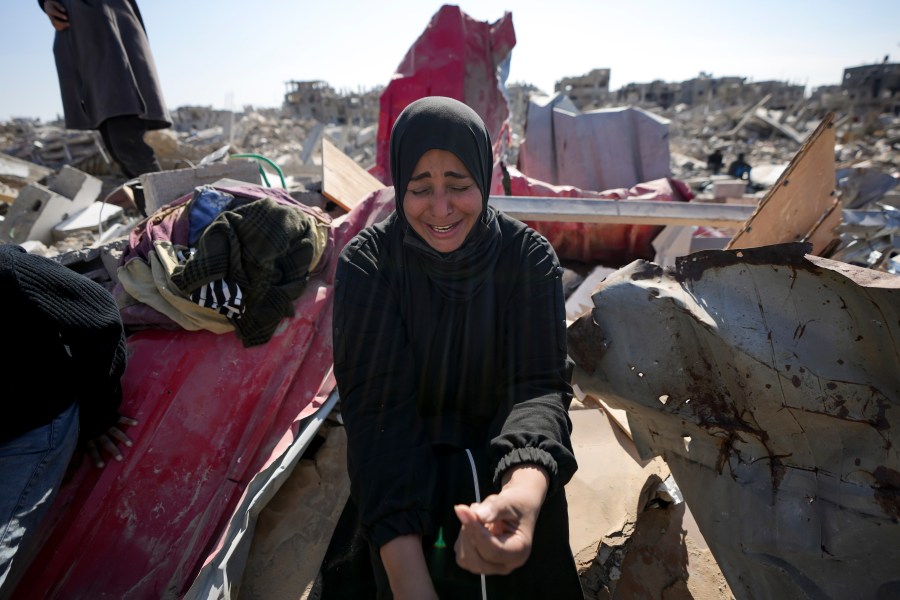Recent claims by former President Donald Trump and his administration about U.S. foreign aid to Gaza have sparked controversy and debate about the role of the U.S. Agency for International Development (USAID). Let’s examine the facts and potential impacts of these statements and proposed policy changes.
The Condom Controversy
Former President Trump and his press secretary Karoline Leavitt recently claimed that the U.S. was planning to send $50 million worth of condoms to Gaza. However, this claim is false and unsupported by evidence.
USAID has not allocated $50 million for condoms in Gaza. The International Medical Corps (IMC), which receives USAID funding, stated that no U.S. government funding was used to procure or distribute condoms in Gaza. USAID’s total global spending on contraceptives in 2023 was around $60 million, with only $45,680 going to Jordan for contraceptive pills.
USAID’s Role in Gaza
While the condom claim is unfounded, USAID does play a significant role in providing humanitarian assistance to Gaza:
Since October 2023, USAID has provided over $68 million to the IMC for operations in Gaza. This funding supports two field hospitals in central Gaza, providing care to approximately 33,000 civilians per month. USAID has contributed over $2.1 billion in humanitarian assistance to the region since October 7, 2023.
Potential Impact of USAID Cuts
The Trump administration has suggested shutting down or significantly reducing USAID’s operations. This could have severe consequences:
Disruption of essential medical services, including neonatal care and emergency treatment. Potential undermining of the Israel-Hamas ceasefire, which is partly based on humanitarian access to Gaza. Reduced capacity to combat infectious diseases and provide disaster relief.
Political Debate and Oversight
The controversy has sparked a political debate about USAID’s role and effectiveness:
Democratic lawmakers generally oppose cutting USAID funding, emphasizing its importance for humanitarian efforts. Republicans and the Department of Government Efficiency, led by Elon Musk, are pushing for budget cuts and increased scrutiny of USAID spending. Both sides agree on the need for proper oversight to prevent funds from reaching terrorist-linked groups.
Background and Context
USAID has faced challenges in ensuring that its funds are not misused or diverted to terrorist organizations:
A report by the Middle East Forum claimed that USAID allocated $164 million to radical organizations, including $122 million to groups allegedly tied to terrorism. The agency has been criticized for inadequate oversight, particularly in regions like Gaza where U.S. personnel have limited access. USAID’s inspector general has highlighted the need for improved safeguards and accountability measures.
Conclusion
The debate over USAID funding in Gaza highlights the complex challenges of providing humanitarian assistance in conflict zones. While claims about condom funding are unfounded, legitimate concerns exist about oversight and fund allocation. As policymakers consider USAID’s future, they must balance the critical need for humanitarian aid with ensuring proper accountability and alignment with U.S. foreign policy objectives.









